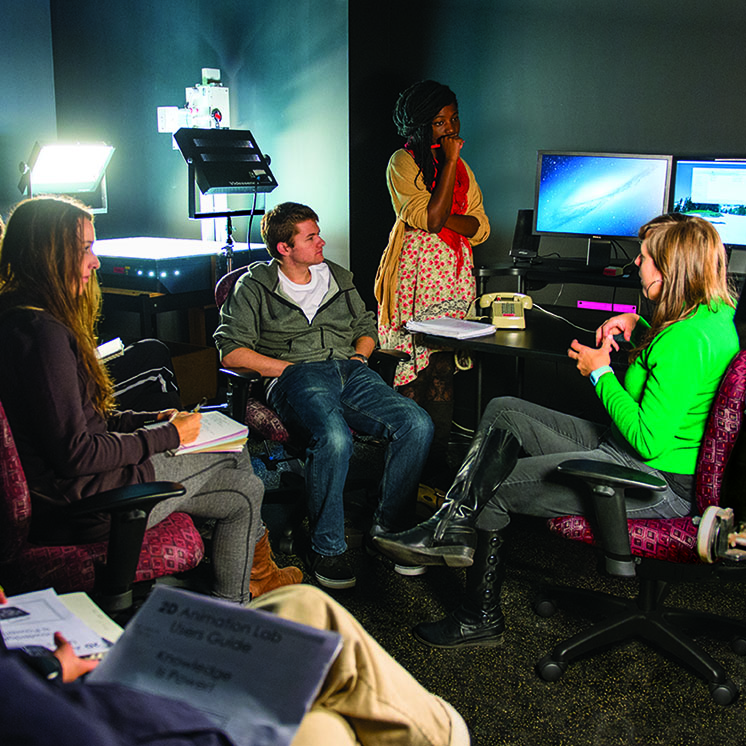Energy Systems and Climate Change
REVISED
Fall 2015 and Winter 2016 quarters
Taught by

Prerequisites
This interdisciplinary program will study how energy is harvested and transformed, used or abused by humans. We will explore interactions between natural systems and human systems to understand global changes currently affecting the Earth system. What is the evidence for, what are the consequences of, and what can be done about global warming? How can we find our personal roles in addressing the challenges facing Earth and its inhabitants?
We will study solutions ranging from renewable energy to sustainable farming and (insert your idea here). Our approach is based in natural science, with an emphasis on critical thinking. This challenging and rewarding two-quarter program will include lectures and workshops by faculty and guest lecturers; seminars on books and articles; inquiry-based writing and peer feedback; qualitative and quantitative reasoning and problem solving; and hands-on research projects in spring, to engage our inquiry and learning together.
In fall, our work will include research planning for students interested in more advanced studies in spring. Every student will write several short inquiry-based essays, and will respond to peers' writing, in addition to participating in face-to-face seminars. Small teams will meet at least twice weekly to discuss readings and prepare for class together. Students will make presentations in class on current topics of interest, and teams will facilitate discussions. No mathematical or technical design texts or prerequisites are required in winter quarter.
Our efforts in winter will include more challenging quantitative work, including research projects. Every student will write several short inquiry-based essays, and will respond to peers' writing, in addition to face-to-face seminars. Students will build on quantitative problem solving begun together in the classroom. Small teams of your choice will meet weekly to discuss readings and prepare for class together. Students will do research projects, make presentations in class and at regional meetings, and write research reports. Research projects typically range from greenhouse gas reduction projects to sustainable energy, agriculture, building, or urban planning.
Program Details
Fields of Study
Preparatory for studies or careers in
Location and Schedule
Campus location
Olympia
Schedule
Offered during: Day
Advertised schedule: First winter class time: Tuesday, January 5 at 12:30pm (Lib 4300)
Books
Online Learning
Required Fees
Upper Division Science Credit
Revisions
| Date | Revision |
|---|---|
| November 17th, 2015 | This program will accept new winter enrollment without signature; students must have previously taken pre-calculus and have good reading and writing skills, readiness to join classmates on an established research project, and ability to use the internet for weekly assignments. |
 my.evergreen.edu
my.evergreen.edu

 Fall
Fall  Winter
Winter